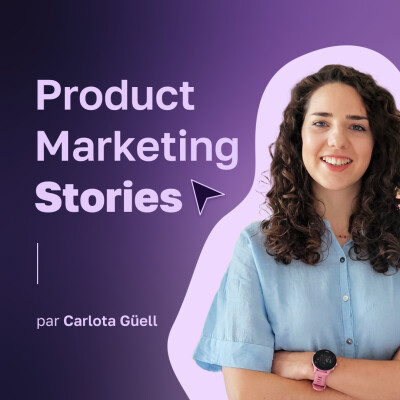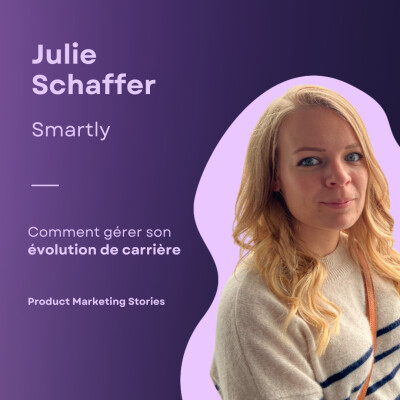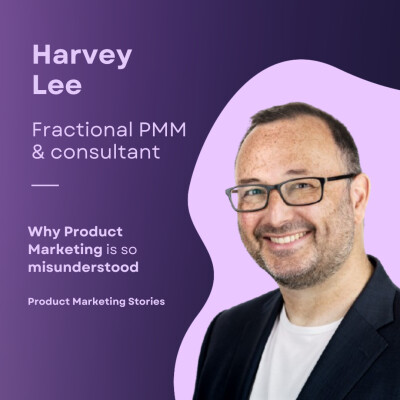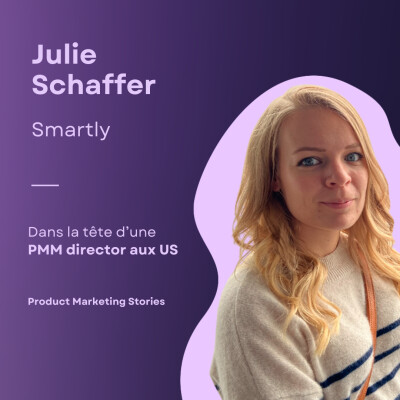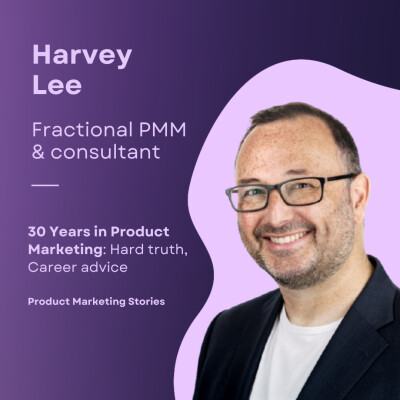Description
You can't get a successful GTM without a good product in the first place. Appunite is the product development powerhouse that embeds with your team to build apps that scale. Learn more at https://bit.ly/3FBanHZ
Maja Voje, Go-To-Market advisor and author of the best-selling book Go-To-Market Strategist, shares her journey from working in-house to building her own business and publishing a best-seller.
Together, we discuss:
👉 The real reason she decided to write her book.
👉 The biggest challenges she faced—3 full iterations before getting it right.
👉 What would she do differently if she had to start over.
👉 Why she chose the solopreneur path.
👉 The importance of showcasing your work—because action speaks louder than anything else.
Your voice matters. Your work matters. And this episode might just inspire you to take action.
I am so honored to have such an inspired woman on my show. Maja, thanks for the insightful messages you shared with the PMM community.
RESSOURCES🛠️
Follow Maja
Maja’s GTM Solutions: Best-selling Book, Checklists, GTM Bootcamp: https://gtmstrategist.com
Subscribe to my newsletter here
CONTACT ME👋
Share you thoughts with me about the episode on Linkedin
Follow the Linkedin account Product Marketing Stories to stay updated.
SUPPORT THE PODCAST FOR FREE🙏
Subscribe 🔔
Leave a 5 ⭐ review on Spotify and Apple Podcasts (here).
Mention the podcast on Linkedin and share it with everyone who wants to develop their skills in Product Marketing!
Marketing Square • Le Podcast du Marketing • Le café du market • Clef de Voûte • Lenny’s Podcast • Les podcasts du Ticket • Product Squad
Ici on parle de : Product Marketing • branding • business • communication • carrière • PMM • PM • Sales enablement • positionnement • messaging • go to market, • stratégie de lancement produit • copywriting • storytelling • inbound marketing • conseils marketing • marketing automation • marketing digital • growth marketing • persona • réseaux sociaux • stratégie • IA • freelance • audience • chatgpt • email marketing • saas tech B2B • B2C • use-cases • positioning • best practice • product management • women leadership • founding PMM • competitive intelligence • concurrence • insights • buyer persona • user journey • funnel marketing • marketing mix • design • product design • UX • UI • branding • brand strategy • GTM
Hébergé par Ausha. Visitez ausha.co/politique-de-confidentialite pour plus d'informations.
